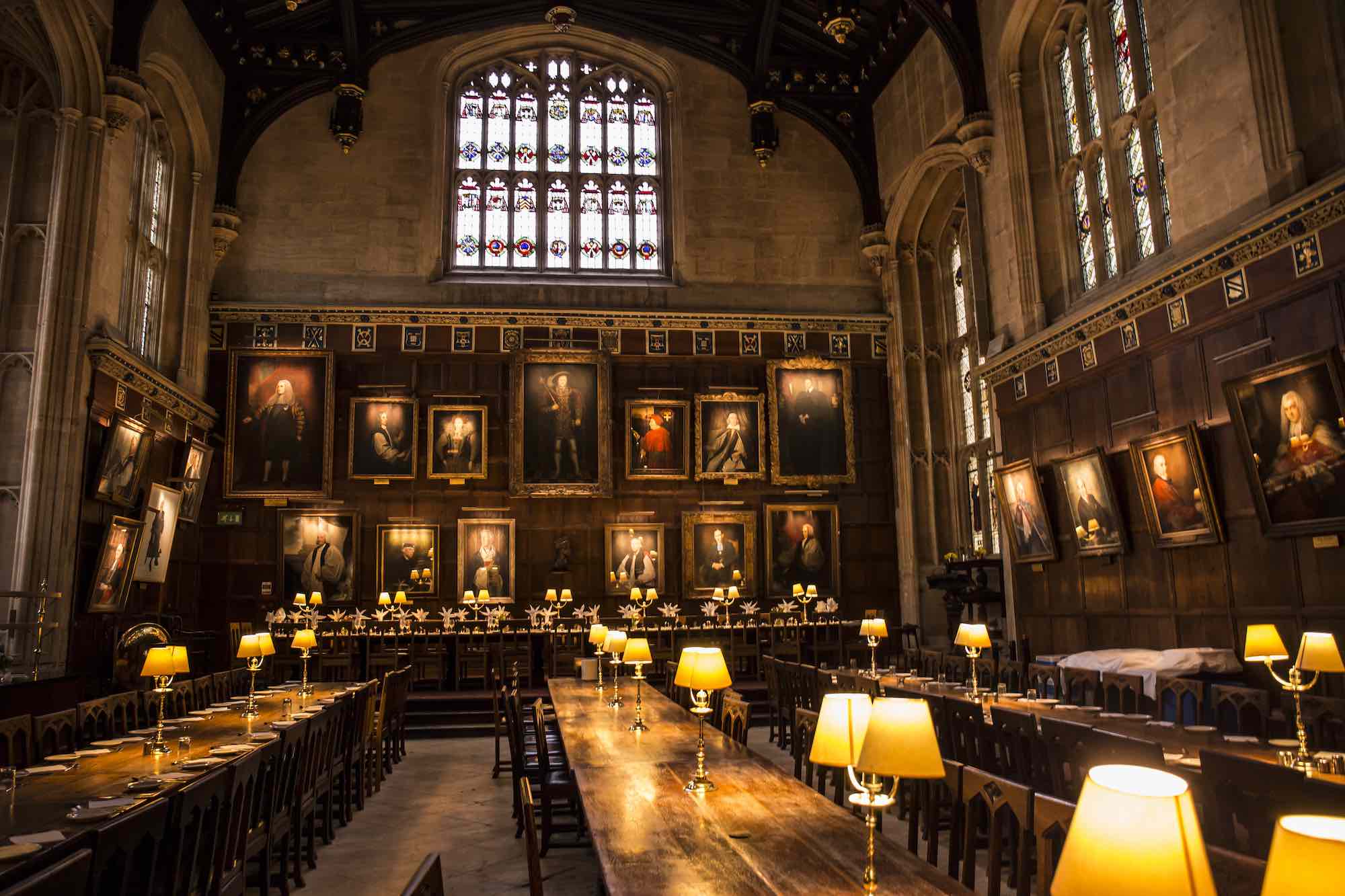The Oxford Tradition, a prestigious high school program for Grades 10-12, is hosted at the historic Pembroke College of the University of Oxford. This program, steeped in academic excellence, offers students a unique opportunity to experience life at one of the world’s most renowned universities. Students reside in actual undergraduate rooms and engage in a dynamic curriculum led by leading academics and professors. They select a Major and a Minor from an extensive list of subjects ranging from Medicine, Business, Psychology, to Law. The course includes classroom instruction, workshops, and field trips, with accommodation, two daily meals, and organized activities included in the tuition of $12,225 for the program running from July 2 to July 27. An additional option, the Barcelona Connection for $2,515, extends the experience to explore Barcelona for six days. Beyond academics, the program immerses students in cultural enrichment activities, local tours, sports, and social events, ensuring a well-rounded experience. The comprehensive cost also covers continuous support from experienced professionals, access to cultural sites, and extracurricular activities. At the end of the program, students receive detailed grade reports, valuable for their college applications. This course is not just an educational journey; it’s a life experience, melding world-class education with cultural immersion in the heart of Oxford.
Courses
Courses offered as part of this Program.
War in World History (The Oxford Tradition)



War has been one of the greatest forces for change in human history and continues to shape the world. Violence in the Middle East and Africa, guerilla conflicts in South America and the Far East, and the global 'War on Terror' are the most recent examples of mankind's long history of conflict and combat. While covering military history, this course also examines war from other aspects: the political, economic, social, ethical, and psychological. It examines how and why wars are fought, what has changed, and what has remained the same, from conflicts in Ancient Greece to the war in Syria.
Politics and Economics (The Oxford Tradition)



Oxford's famous undergraduate degree, Politics, Philosophy, and Economics (PPE), is adapted for our students. They examine the governing institutions and policies of modern Britain and contrast the British, American, European, and East Asian approaches to global problems. Students engage in practical exercises, such as a fantasy stock portfolio competition, and complete the course by participating in a mock Parliament.
Skills for Success MINOR ONLY (The Oxford Tradition)



This syllabus is built from the course typically taught on MBAs. Students learn to organize their lives, to create realistic schedules, to manage time-tables, and to define priorities. They learn how to collect and manage information, how to take notes, and how to condense and file them. They learn how to build their profiles, in order to leverage their growing experience and expertise as they take their first steps into the job and university markets.
Social Psychology (The Oxford Tradition)



This course focuses on behavior and development in a social context. Students are introduced to major themes, including stereotyping and prejudice, cross-cultural differences, the dynamics of cooperation and conflict, conformity and persuasion, attraction, and the role of the individual in the crowd. Through case studies and interactive experiments, participants gain an introduction to psychology and the ability to analyze their own peer-group dynamics.
Speech and Debate MINOR ONLY (The Oxford Tradition)



Students explore major debating styles and strategies, engage in daily speaking exercises, orations, and dialogues, and prepare and present regular debates. The culmination of the course is a formal debate in the historic debating chamber of the Oxford Union Society, founded in 1823 and one of the oldest university debating societies in the world.
Studio Art MINOR ONLY (The Oxford Tradition)



Designed for all levels of expertise, this course explores a variety of media through which students engage imaginatively. They receive formal instruction in, oils, watercolor, pastel, pencil, charcoal, clay, video, photography, and collage, among others, and spend most of their time outside the studio, capturing Oxford. Students exhibit their best pieces at the end of the program.
Theater (The Oxford Tradition)



Taught by actors and directors and working with individuals in areas as diverse as theory, technique, improvisation, voice, mime, movement, and script analysis, students discover and master the nuances of different genres as they prepare for a class performance at the end of the program.
The Biology of Disease (The Oxford Tradition)



HIV, malaria, and tuberculosis are thought to result in ten percent of all deaths every year around the world. Students will explore the biology of disease, using case studies of current outbreaks of diseases such as Ebola, SARS, and Zika. This interdisciplinary medical course investigates the biology of disease. Topics include animal models of human disease; cancer; conventional therapy and treatment strategies; the genetics of complex and simple traits; the interaction between environment and genetics; Karyotypic analysis; the molecular and cellular basis of genetic diseases; and the role of oncogenes in tumor initiation and treatment.
Global Business (The Oxford Tradition)



Students are exposed to the mechanisms, institutions, and principles that underpin modern business. They address the main business principles of strategic planning, marketing, economics, finance, accounting, and management. Concepts covered include SWOT analysis, developing a marketing strategy, as well as working through how to create a product-centered company and draft a business plan. For their final project, they create a mock company that they present in a "Shark Tank", mirroring the high-pressure, quick-tempo presentations used at colleges, business schools, and startup incubators around the world.
International Law (The Oxford Tradition)



How does the law shape relationships between nations? And how does it govern relations between non-state actors? Students address Public and Private International Law, and consider how International Law affects business, Human Rights, the prosecution of international crimes, sovereignty, trade, and war. The course culminates in a moot war crimes trial.


